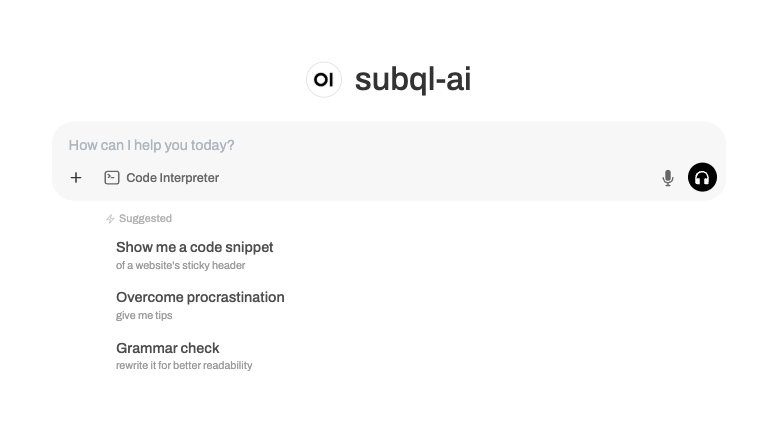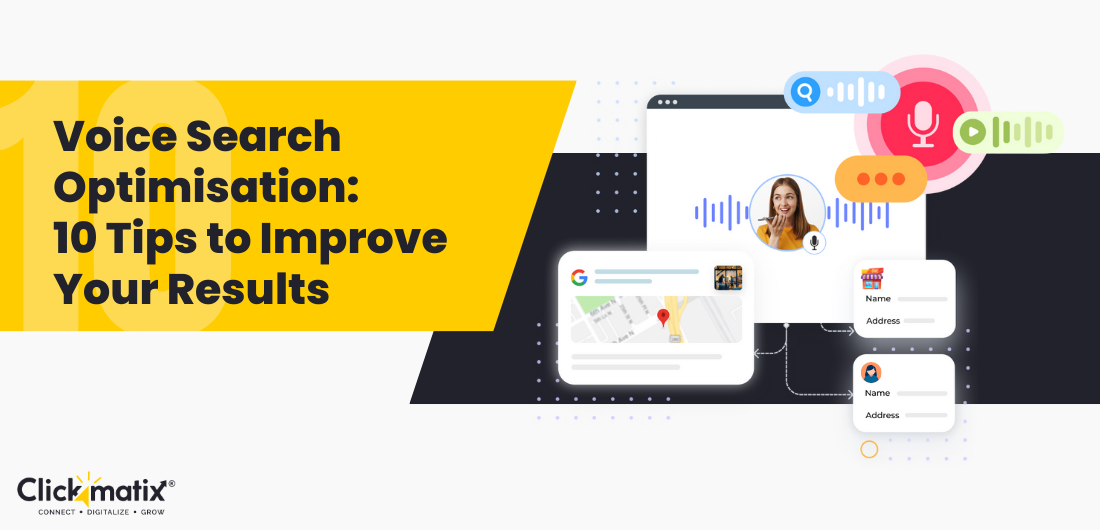Local Search Ranking Factors: Your Complete Guide 2024
Local SEO is more than just optimising your website. It’s about making your business visible in local search results when potential customers search for products or services in your area. But it isn’t as easy as it sounds. Several factors influence your local search rankings, and knowing where to start can be challenging. That’s why […]
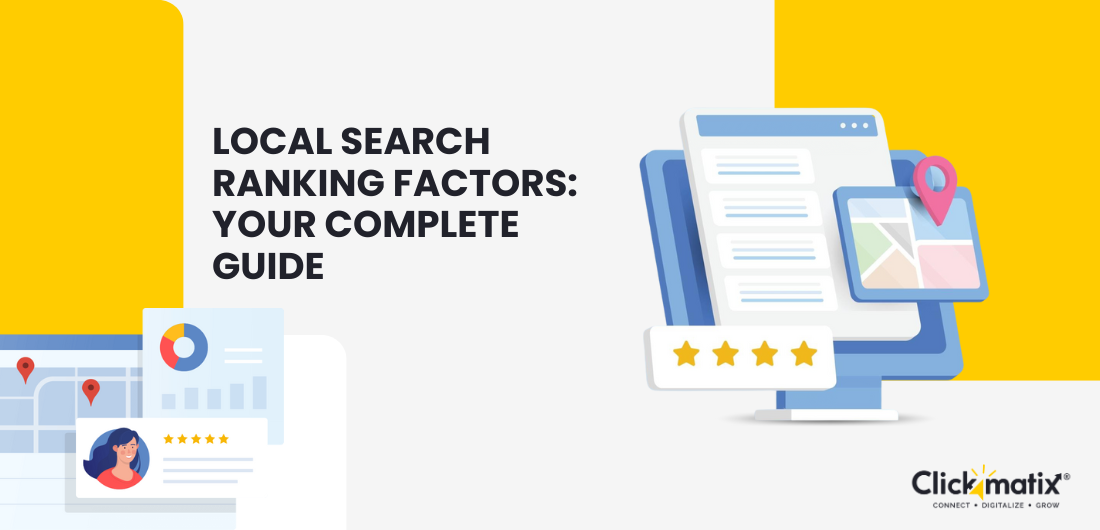
Local SEO is more than just optimising your website. It’s about making your business visible in local search results when potential customers search for products or services in your area. But it isn’t as easy as it sounds. Several factors influence your local search rankings, and knowing where to start can be challenging. That’s why we’ve created this helpful guide. We’ll cover the most important local search ranking factors in 2024 to help you make your business more visible.
What are Local SEO Ranking Factors?
Local SEO ranking factors are what search engines consider when deciding where your business shows up in local search results. These factors include how closely your business matches what people are searching for, how close your business is to the person searching, and how well-known and trusted your business is in the local area.
If you want your business to appear more often in local searches and attract more customers nearby, it’s important to understand and improve these factors.
Why is it so Important?
Imagine you’re hungry for a meat pie and looking for the best bakery in your neighbourhood. You’ll probably search for “meat pie bakery near me” on Google. The search engine will then use local SEO ranking factors to show you bakeries that best match your query based on your location.
If your bakery doesn’t appear at the top of those search results, you’re missing out on potential customers. With local SEO, you can ensure your business appears at the top of local search results. This makes it easier for people to find and visit your business.
Which Local Search Ranking Factors Does Google Care About?
Google focuses on several key factors when displaying businesses in search results:
1. Proximity
You go to your local bakery for a meat pie, but it’s closed. So, you look for another bakery online. You see many bakeries nearby, but you choose the one closest to you because it’s easier to get to. Proximity is crucial in local search results. This means businesses closer to you are more likely to show up first.
Distance matters in local SEO. When you search for a local business, search engines use your location to find the best results. Businesses closer to you are more likely to rank higher than those farther away. It’s a simple yet significant factor in local SEO.
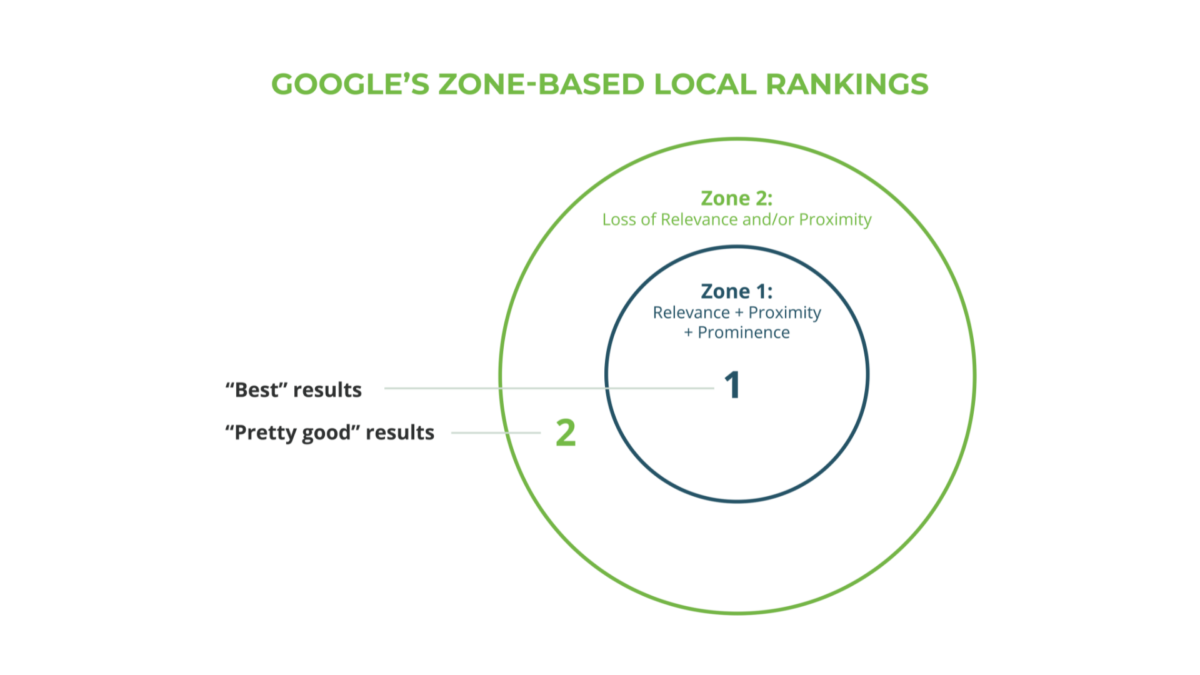
How to Improve Your Business’s Proximity
To make your business appear higher in local search results, start with a Google Business Profile listing. This free tool lets you add essential information about your business, such as your address, contact details, and hours. You can also post updates, add photos, and respond to customer reviews.

2. Relevance
Relevance is like finding the perfect meat pie in a bakery full of pastries. It’s about matching your business’s content to what people are searching for. When your business is relevant to people’s searches, it appears higher in local search results.
Search engines use algorithms to determine how relevant a business is to a search. They examine your website’s content and the accuracy of your business information online. By optimising these elements, you can make your business more relevant and rank higher.

How to Improve Relevance in Local Search
The easiest way to enhance relevance is by optimising your website’s content with keywords and location-based information. This helps search engines understand where your business is and what you offer.
3. Prominence
Prominence is like being the most popular bakery in town. Everyone knows your name and loves your meat pies. Prominent businesses are those that everyone talks about and recommends.
Search engines want to show users businesses that are trusted and well-known. That’s why prominence is so important. If your business is well-known and respected, search engines are more likely to show it to potential customers.
How to Increase Your Business’s Prominence
- Get more reviews: Good reviews are like good grades; they show that people like your business.
- Build your social media presence: Social media is a great way to engage with customers and showcase your business.
- Get backlinks: Backlinks are like recommendations from other websites, helping to boost your business’s authority and credibility.
4. Content quality
In local SEO, good content is what makes your business stand out. It attracts customers and helps you rank higher in search results.
Search engines like Google are always getting smarter. They want to show users the most helpful information. When your website has great content, it’s more likely to rank at the top of search results.

How to Make Your Content Better
- Find the Right Words: Identify the keywords people use to search for businesses like yours.
- Write Helpful Content: Create content that’s useful and informative. Answer questions and provide valuable information.
- Keep Information Up to Date: Ensure your information is accurate and current. Outdated information can hurt your rankings.
- Use Location-Specific Keywords: Include location-specific words to help search engines understand where your business is located.
- Create Location Pages: If you have multiple locations, create separate pages for each one to enhance your geographic reach.
- Use Schema Markup: Schema markup is code that helps search engines better understand your content. It can boost your appearance in rich snippets and improve click-through rates.
5. Linking strategies
Linking strategy is like getting recommendations from friends for the best meat pie in town. When other websites link to yours, it’s like your friends telling others that your business is the best place for a meat pie.
The more high-quality backlinks you have, the better your website looks to search engines. This can help you rank higher and attract more traffic.

How to Build Good Backlinks
- Use Local Directories: Websites like Google Business Profile can help you get listed in local directories, which can lead to backlinks.
- Write Guest Posts: Offer to write articles for other websites in your industry. This can get you backlinks and exposure.
- Partner with Other Local Businesses: Collaborate with other local businesses to cross-promote each other, leading to backlinks and referrals.
- Get Involved in Local Events: Attend local events and network with people in your community to build relationships and gain backlinks.
- Diversify Your Backlinks: Ensure your backlinks come from reputable websites.
- Choose Your Anchor Text Carefully: Use relevant anchor text in your backlinks to enhance your search engine rankings.
By following these strategies, you can build quality backlinks and improve your local SEO.
How to Influence Local Search Ranking Factors?
Local SEO can help businesses attract customers in their specific area. But how do you make it happen? Here are some key strategies to boost your local search ranking:
1. Update Your Google Business Profile:
- Accurate Information: Ensure your business name, address, and phone number are consistent across all online platforms.
- Good Photos: Add high-quality photos of your business, products, or services.
- Keep It Fresh: Regularly update your profile with new information, such as events or promotions.
- Ask for Reviews: Encourage satisfied customers to leave positive reviews.
2. Create Content for Local People:
- Find Keywords: Identify relevant local keywords and incorporate them naturally into your website content.
- Write Blog Posts: Share engaging blog posts about local events, news, or tips.
- Get Listed: Ensure your business is listed on local directories and citation sites.
3. Build Relationships with Other Local Businesses:
- Network: Connect with other local businesses and collaborate on projects or guest posts.
- Submit to Directories: Submit your business to reputable local directories.
- Attend Local Events: Participate in local events and community activities.
4. Interact with Your Local Community:
- Use Social Media: Actively engage with your local audience on social media platforms.
- Provide Great Customer Service: Offer excellent customer service to encourage positive reviews and word-of-mouth referrals.
5. Make Your Website Mobile-Friendly:
- Fast Loading Times: Ensure your website loads quickly on mobile devices.
- Easy Navigation: Create a user-friendly mobile layout.
- Click-to-Call Buttons: Include click-to-call buttons on your mobile site for easy access to your business.
By focusing on these key strategies, you can improve your local search ranking and attract more customers to your business.
Tracking your local rankings progress
You can use tools like Google Business Insights or other special platforms. You can also check your rankings yourself or use keyword tools. Look at things like how high your website is in search results, how many people visit your website, how many people buy from you, and how many times your business is mentioned online. These things can help you see how well you’re doing.
Conclusion
By optimising proximity, relevance, prominence, content quality, and backlinks, your business can rise to the top of local search results. Stay updated on local SEO best practices, and you’ll enjoy the sweet success of a well-baked local SEO strategy.
How does Google Business Profile influence local search rankings?
A well-maintained GBP boosts local search rankings. Keep NAP accurate, choose the right category, upload photos, post updates, and encourage reviews.
What role do online reviews play in improving local search rankings?
Positive reviews boost local search rankings. Respond to all reviews to show you care.
How can optimising my website content help with local SEO?
Use local keywords in your website content, create location pages, use local schema, and optimise for mobile.
Why is consistent NAP (Name, Address, Phone Number) information important for local rankings?
Consistent NAP information across platforms improves local search rankings and helps customers find you.
How do backlinks from local websites affect my local search ranking?
Backlinks from local websites boost local search rankings. Partner with local businesses to get them.
What impact do social media signals have on local search rankings?
Social media activity can indirectly boost local SEO by increasing visibility and attracting more reviews.
How does mobile-friendliness influence local search results?
Mobile-friendliness improves user experience, lowers bounce rate, and boosts local search rankings.
What are local citations, and how do they contribute to local SEO?
Local citations (NAP mentions on other websites) help search engines confirm your business's existence and improve local search rankings.
How does user engagement, like clicks and reviews, affect local search rankings?
User engagement signals relevance and improves local search rankings. Encourage interaction and reviews.
What's Your Reaction?







![The Most Common Leadership Styles & How I Found Mine [Expert Insights]](https://www.hubspot.com/hubfs/leadership-styles-4.jpg)
![PowerPoint Tips to Present Like a Pro [Expert Advice & Free Templates]](https://www.hubspot.com/hubfs/powerpoint-design-tricks_7.webp)









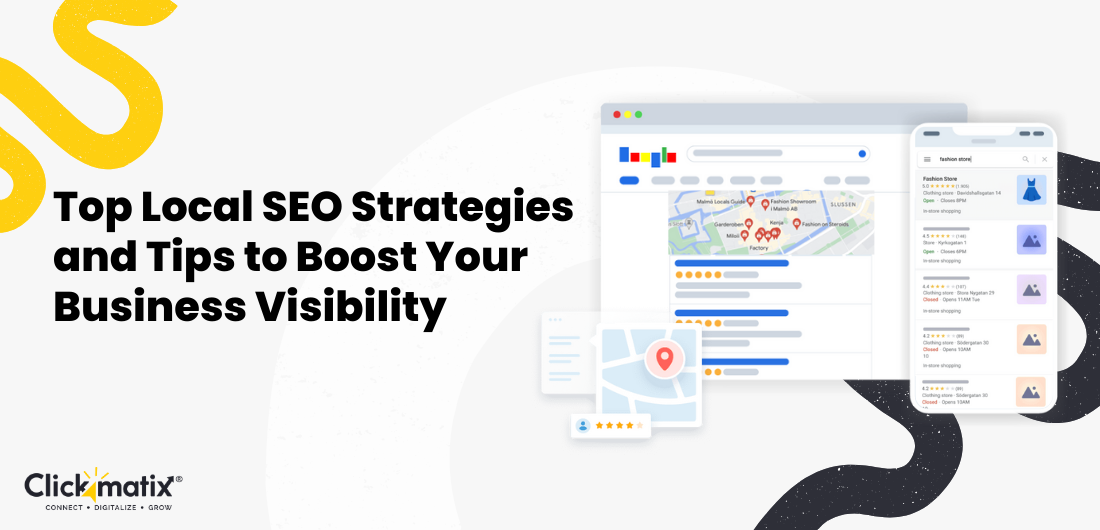






















.png)






















